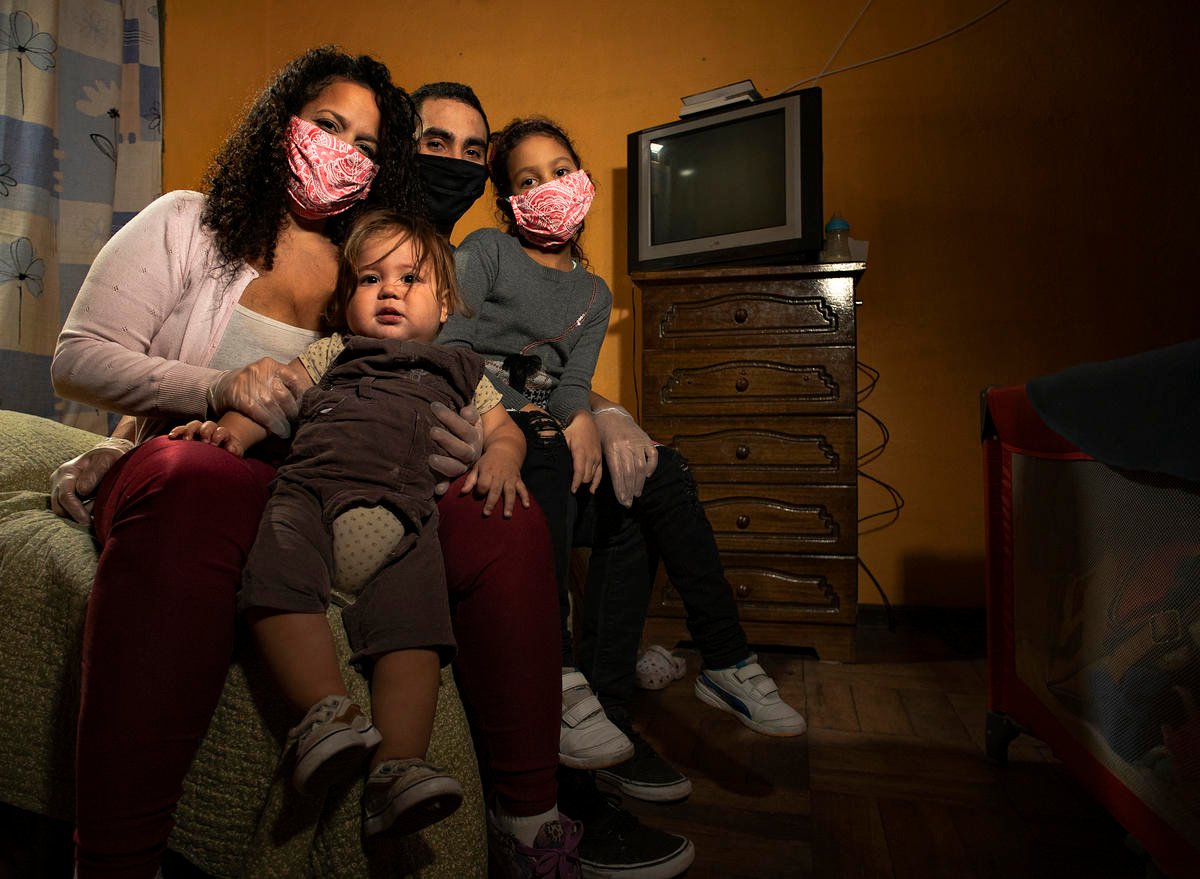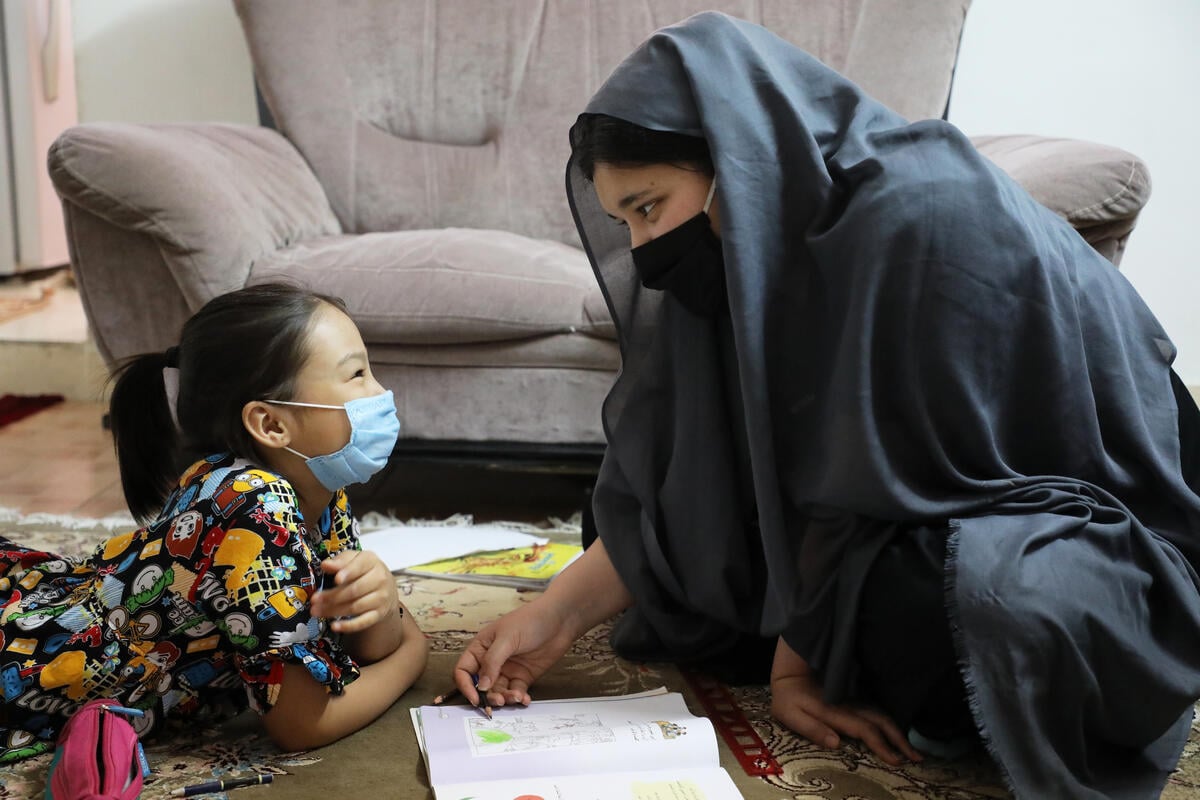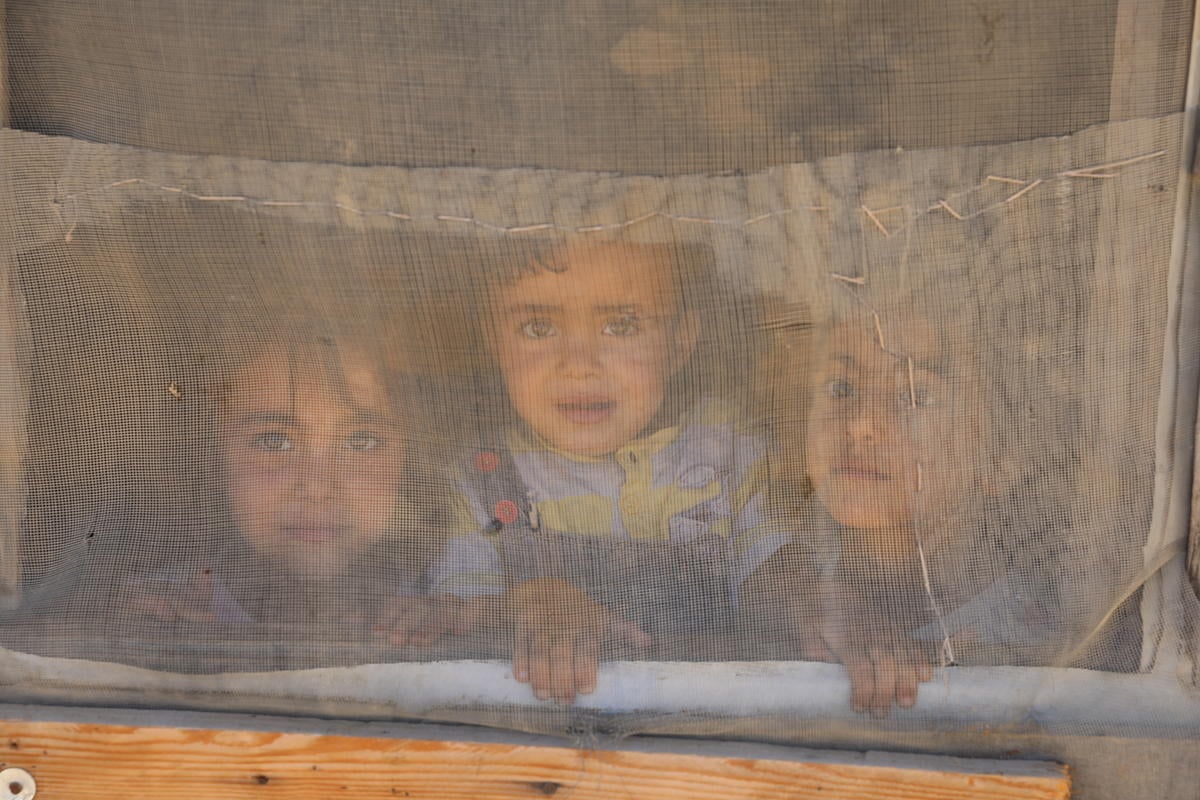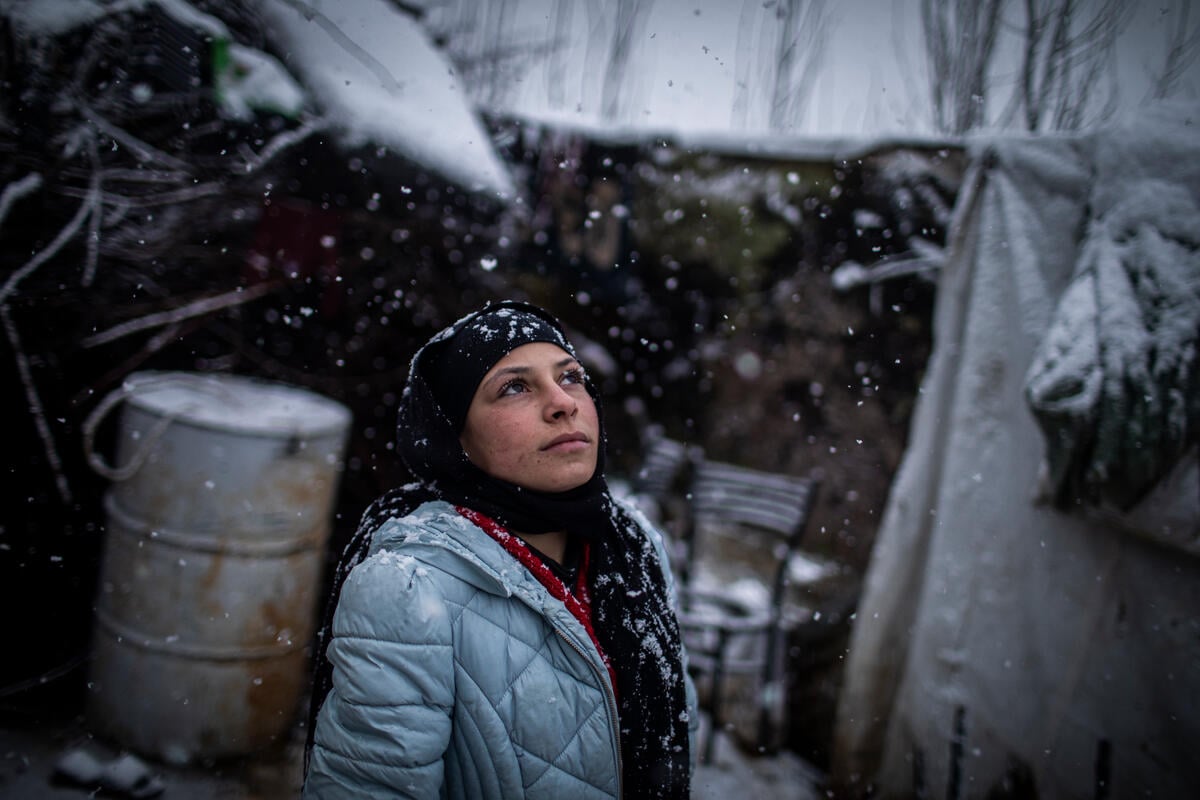Data reveals plight of Venezuelan refugees and migrants evicted in pandemic
Data reveals plight of Venezuelan refugees and migrants evicted in pandemic

The collapse of informal economies and loss of jobs across Latin America during COVID-19 lockdowns last year resulted in many refugees and migrants from Venezuela being unable to pay rent and forced into homelessness, according to a new data visualization published on Monday.
As of October 2021, a combination of violence, insecurity and a lack of food, medicine and other services in Venezuela had forced more than 5.9 million people to flee the country, creating one of the largest displacement crises in the world. More than 80 per cent fled to other countries in Latin America and the Caribbean, with Colombia and Peru home to the majority.
The new data visualization – No home away from homeLink is external – was produced by partners of the Inter-Agency Coordination Platform for Refugees and Migrants from Venezuela (R4V), with the support of UNHCR, the UN Refugee Agency, based on a 2020 survey of displaced Venezuelans who had either been evicted or served with an eviction notice. Three-quarters of those who lost their homes ended up living on the streets. A staggering 80 per cent of those evicted were women, more than half of whom were their family’s sole breadwinner.
“The COVID-19 pandemic has further aggravated the already delicate living conditions of refugees and migrants from Venezuela. In addition to serious health impacts, the health crisis has caused economic disruptions and exacerbated protection risks,” said Eduardo Stein, Joint UNHCR-IOM Special Representative for Venezuelan refugees and migrants, in December.
In addition to losing the roof over their heads, many evicted families subsequently faced a greater risk of exposure to the virus and found it harder to access basic services including water and sanitation. Other associated risks included discrimination and xenophobia – especially against those who are forced to live in the streets – exposure to violence, and children dropping out of school or being recruited by armed groups and organized crime.
Besides their precarious livelihoods, a key factor making displaced Venezuelans vulnerable to forced eviction was the absence of formal tenancy agreements among more than three-quarters of respondents, leaving them exposed to exploitation and abuse by landlords.
The data show that only a third of evicted families and a fifth of those at risk of losing their homes had received some form of assistance to stave off eviction, such as rental subsidies or legal aid.
Based on the findings, the R4V partners called on international donors to allocate resources to improving access to adequate housing for displaced Venezuelans, and for organizations on the ground to focus assistance to families that have been evicted or those at imminent risk.









